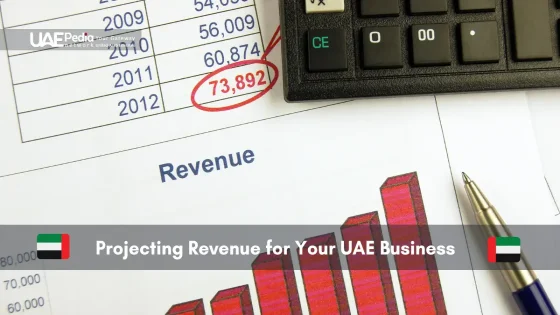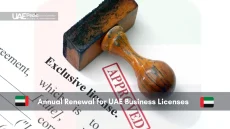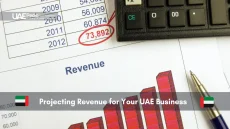What makes the UAE’s business scene so hot? Share capital rules play a big role. In 2021, a new law changed company rules. It let 100% foreign ownership in some areas, drawing in many investors.
Thinking of starting a business in the UAE? You must understand the share capital rules. LLCs need at least two owners and can have up to 50. Free Zones offer 100% foreign ownership and no taxes for a while.
For bigger dreams, consider a Public Joint Stock Company (PJSC). It needs AED 10 million in share capital. Private Joint Stock Companies (PrJSC) need AED 2 million and keep shares private.
Branch Offices and Representative Offices have their own rules. Branch Offices don’t need a local sponsor. Representative Offices promote the parent company but need a local agent.
The UAE has different share capital needs for each business type. It’s like choosing the right car for your trip. Whether you want a small shop or a big company, the UAE has options.
UAE Share Capital Rules and Legal Framework
Let’s explore the UAE’s share capital rules! The Federal Decree Law No. (32) of 2021 is key. It guides UAE share capital needs. It covers LLCs to Public Joint Stock Companies.
Federal Decree Law Requirements
The UAE has over 50 free zones with their own rules. Mainland companies have flexible share capital laws. LLCs need two or more shareholders, with a 50% cap.
Personal assets are usually safe from company debts.
Share Capital Minimum Requirements
UAE corporate share capital rules differ by company type. Dubai’s Private Joint Stock Companies need AED 2 million and three participants. Public Joint Stock Companies require AED 10 million and 10 founders.
Share Premium and Statutory Reserve Rules
UAE allows companies to issue shares at a premium. This extra money goes into the statutory reserve. It’s like a business savings account!
All UAE companies must have Articles of Association (AoA). It outlines share capital, share types, and shareholder rights. This document helps avoid disputes and boosts investor trust.
| Company Type | Minimum Capital | Minimum Participants |
|---|---|---|
| LLC | No minimum in many Emirates | 2 |
| Private Joint Stock Company (Dubai) | AED 2 million | 3 |
| Public Joint Stock Company (Dubai) | AED 10 million | 10 |
Types of Business Entities and Capital Structure
Starting a business in the United Arab Emirates offers many choices. The UAE’s business scene is varied, meeting different needs. Let’s explore the main types of business entities and their capital structures.
Limited Liability Companies (LLC)
LLCs are a favorite for starting a business in the UAE. Recent changes let foreign investors own up to 100% of an LLC in most sectors. There’s no minimum capital needed, just enough to meet your goals. This makes LLCs a great choice for starting a business in the UAE.
Free Zone Companies
Free Zone Companies are the stars of UAE business structures. They offer 100% foreign ownership and no import/export duties. You can start a Free Zone Establishment (FZE) with one shareholder or a Free Zone Company (FZC) with 2-5 shareholders. These benefits draw international businesses to the UAE market.
Joint Stock Companies
Joint Stock Companies in the UAE come in two types: Public (PJSC) and Private (PrJSC). PJSCs need at least 10 founders and AED 10 million in capital. PrJSCs require 3 shareholders and AED 2 million. These are good for big businesses aiming to go public or have a formal structure in the UAE.
Branch and Representative Offices
For foreign companies, Branch and Representative Offices are good choices. Branch Offices can do business but must be fully owned by the foreign parent. Representative Offices are for marketing and promotion only. Both options let you have a presence without the full commitment of a local company, following UAE rules.



















